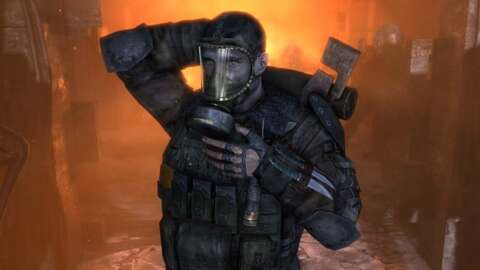Russian Court Convicts Metro Author in Absentia for Criticizing Ukraine Invasion
On Tuesday, a Russian court convicted a prominent author in absentia for criticizing the Russian invasion of Ukraine. The author, Zakhar Prilepin, was sentenced to a fine of 500,000 rubles ($7,000) for “publicly expressing his disrespect for the state.”
Prilepin is a well-known author in Russia, and his works have been adapted into films and plays. He is also a former member of the National Bolshevik Party, a far-right political party that was banned in 2007. He is an outspoken critic of the Russian government and its policies, particularly its actions in Ukraine.
In 2014, Prilepin wrote an article on the website of the independent newspaper Novaya Gazeta in which he criticized the Russian invasion of Ukraine. The article was titled “The War in Ukraine: What We Need to Know” and argued that the invasion was a mistake and that the Russian people should be informed about the truth of what was happening in Ukraine.
The Russian government responded by bringing charges against Prilepin for “publicly expressing his disrespect for the state.” The charges were based on a law that forbids citizens from publicly expressing their disrespect for the state or its symbols.
Prilepin was not present at his trial, as he is currently living in Ukraine. The court found him guilty and sentenced him to a fine of 500,000 rubles ($7,000). The court also ordered that the article be removed from Novaya Gazeta’s website.
The conviction of Prilepin has been widely criticized by human rights groups, who argue that it is an attempt to stifle freedom of speech and expression in Russia. They argue that the conviction is a violation of Prilepin’s right to free speech and expression, as guaranteed by the Russian Constitution.
The case has also sparked debate about the role of independent media in Russia. Many argue that independent media outlets are essential for providing an alternative perspective on events in Russia and that they should not be silenced by the government.
The conviction of Prilepin is yet another example of the Russian government’s attempts to stifle dissent and criticism. It is a clear violation of freedom of speech and expression and should be condemned by all those who value these fundamental human rights.
